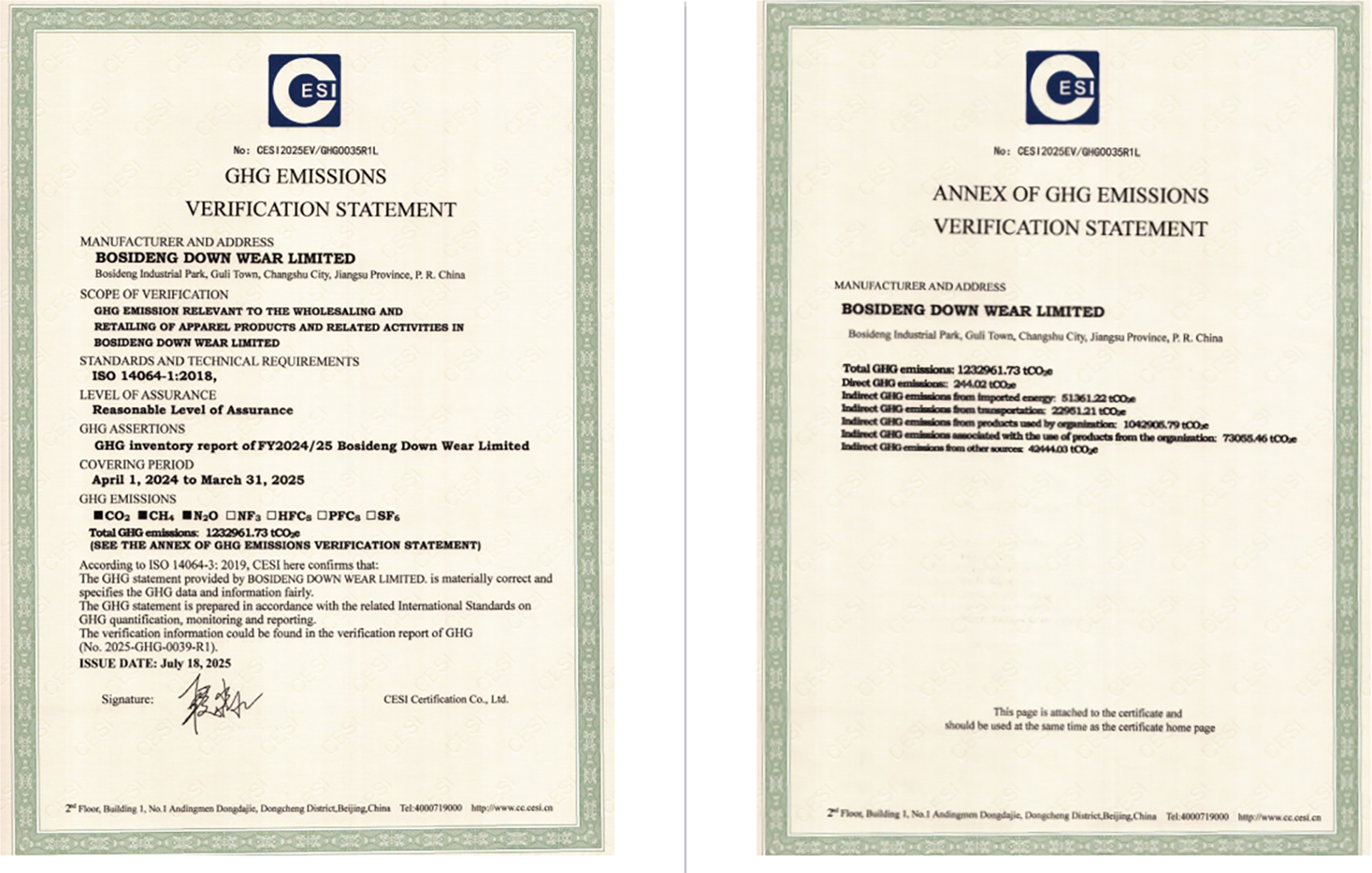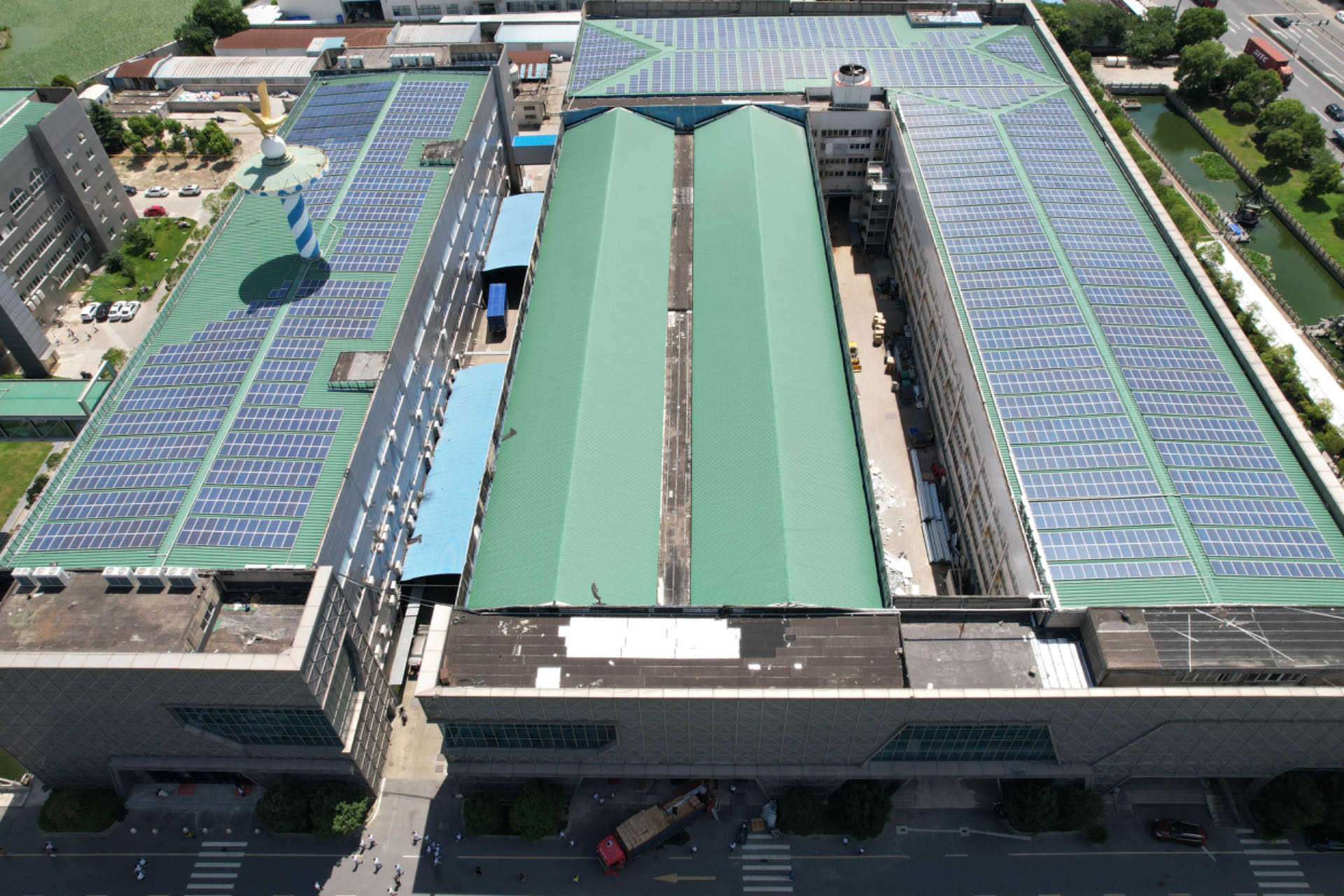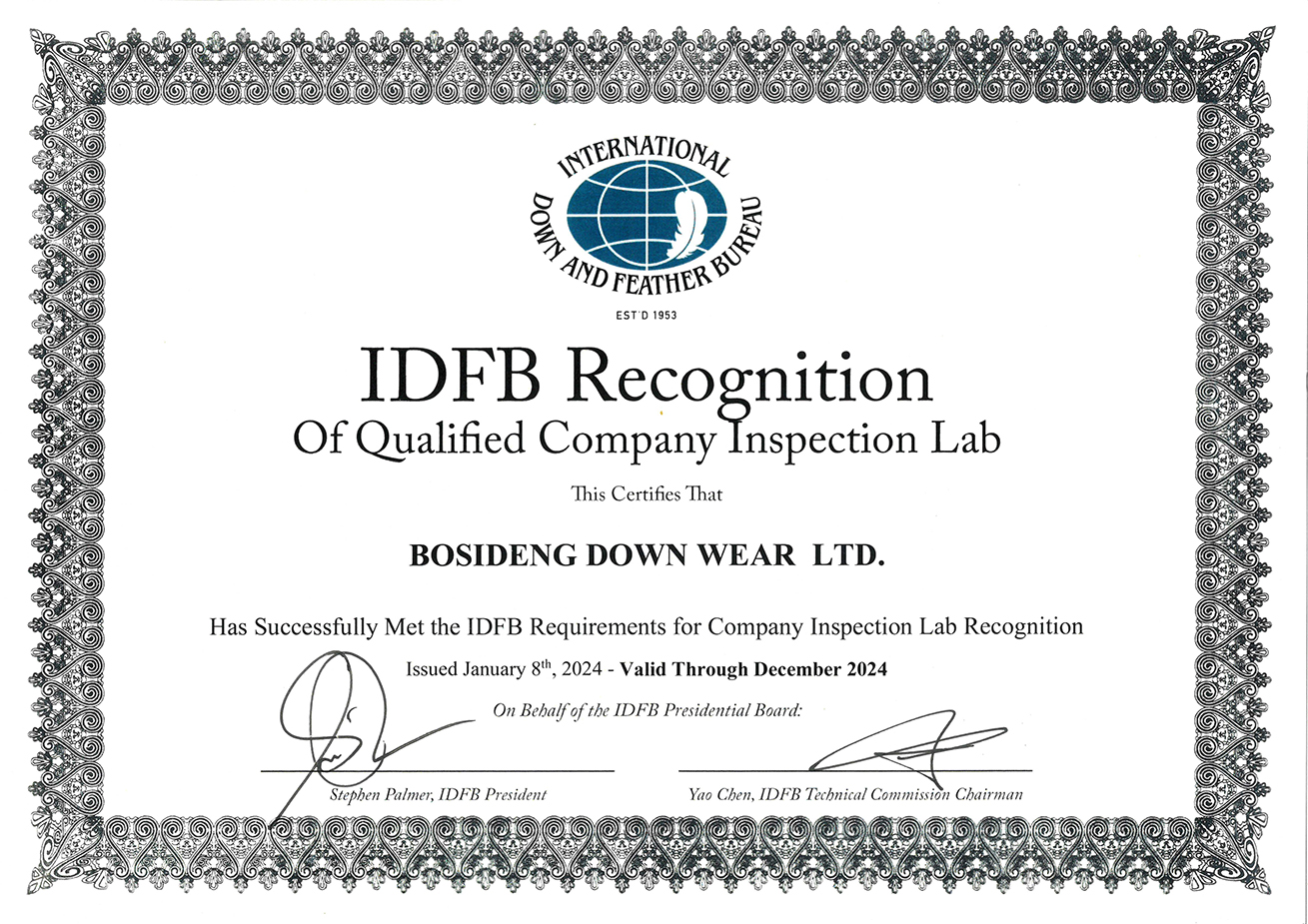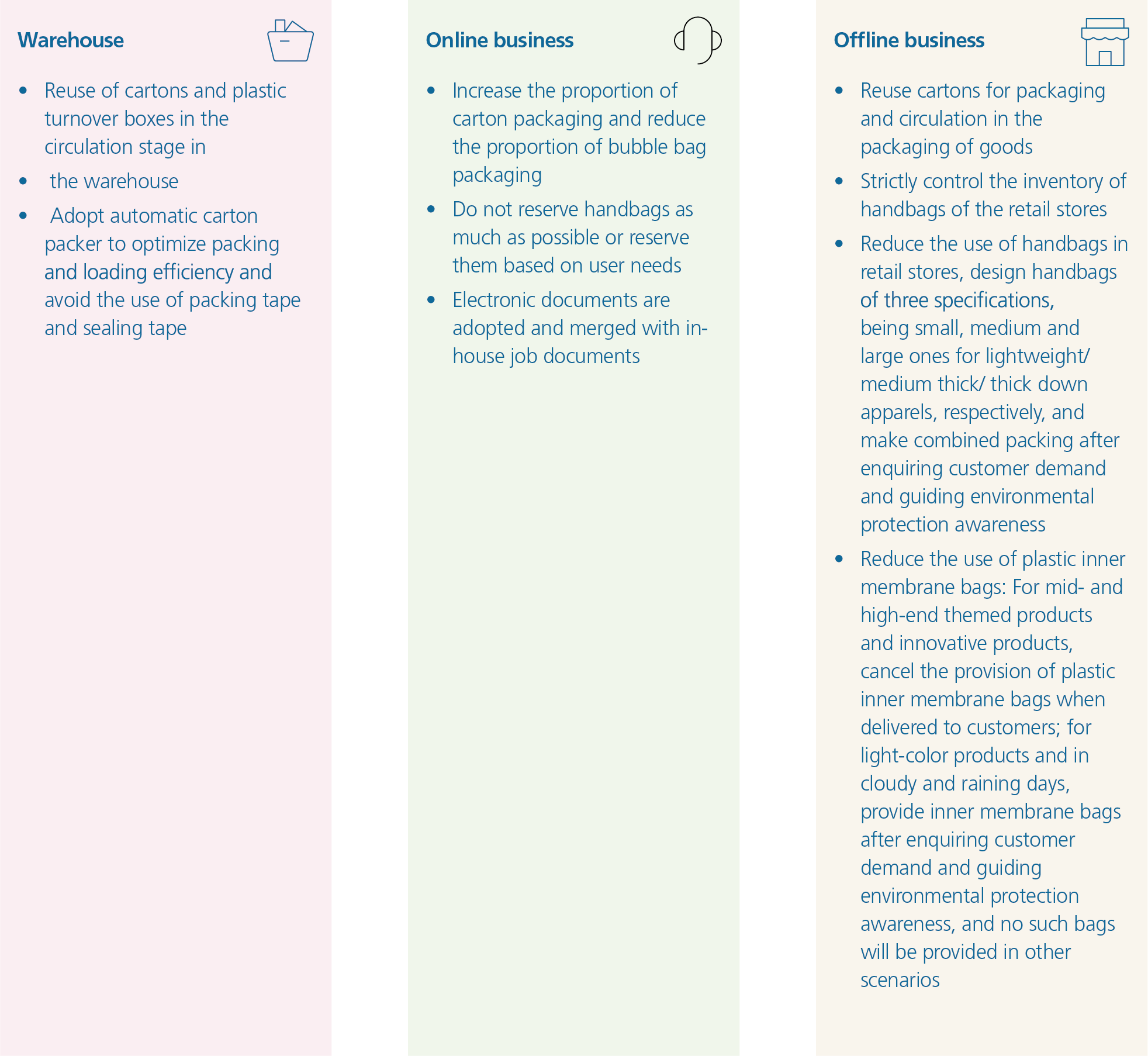With reference to the relevant requirements of the Climate Change-related Financial Disclosures (TCFD) Guidance, the IFRS S2 Climate-related Disclosures issued by the International Sustainability Standards Board (ISSB), and the Hong Kong Stock Exchange's Climate Disclosure Guidance, we systematically integrate climate governance into the Group's operations and management.
- Governance: The Board of Directors has established a Sustainability Steering Group to oversee the implementation of the Group’s climate action plan and emission reduction targets. At the same time, each department, as the executive level, promotes the effective implementation of the climate action plan.
- Strategy: We use RCP2.6 and RCP8.5 to conduct scenario analysis, comprehensively analysing climate risks (including physical risks and transition risks) and opportunities along the value chain, determining their impact on business and finance, and formulating mitigation measures
- Impact, Risk, and Opportunity Management: As Bosideng's highest-level direct management on climate change, the Sustainability Steering Group is responsible for annually collaborating with relevant Group departments to carry out specific climate-related risk management tasks. They report to and provide advice on these tasks to the Board of Directors. The Chairman of the Board is responsible for overseeing the climate-related risk management plan and reviewing the potential impact of climate-related risks on the company's strategic planning, thereby providing strategic risk oversight.
- Metrics and Targets: Bosideng regularly conducts GHG emissions inventories within its organizational and reporting boundaries each year and reports on its climate performance through the CDP Climate Questionnaire. During the Year, the company again received ISO 14064-1:2018 Reasonable Assurance Level certification for GHG emissions, achieving a 5.5% year-on-year decrease in Scope 3 greenhouse gas emissions.






